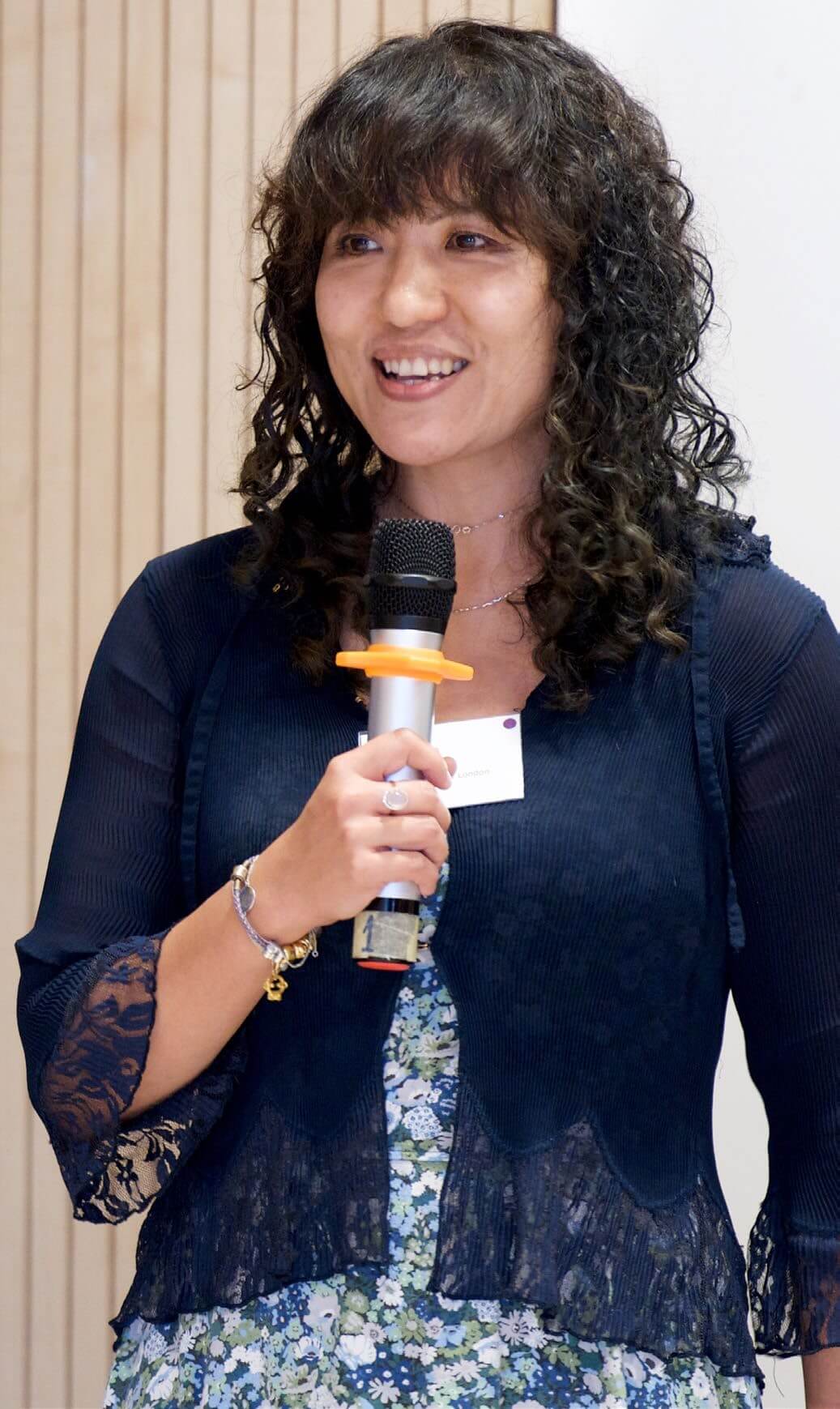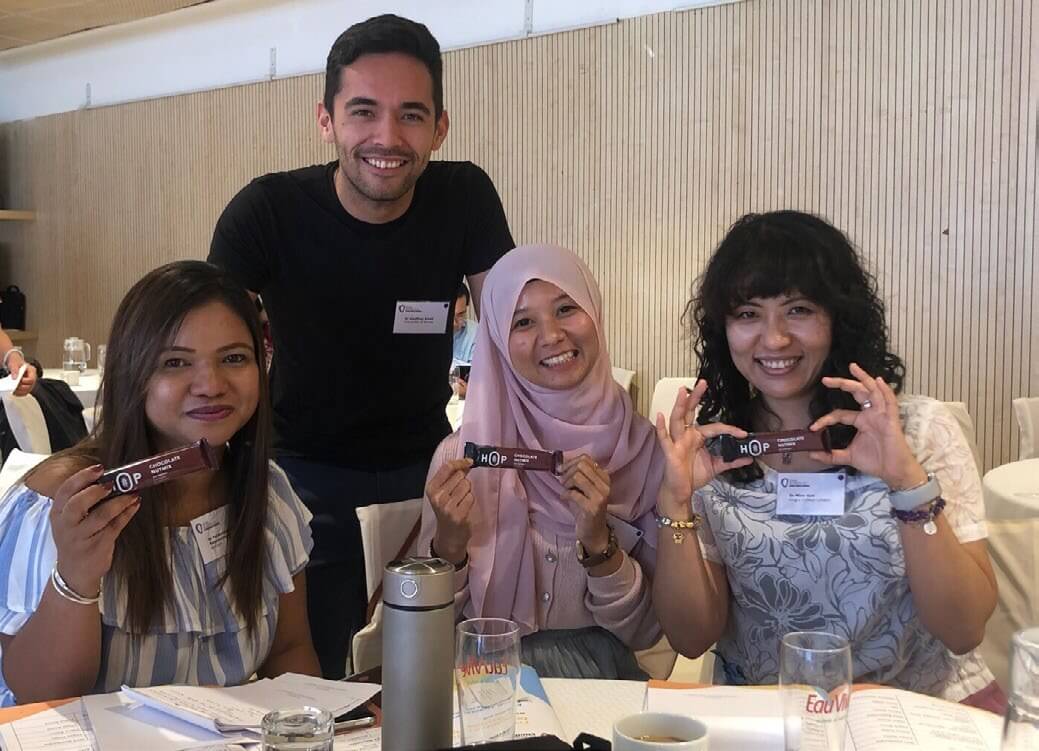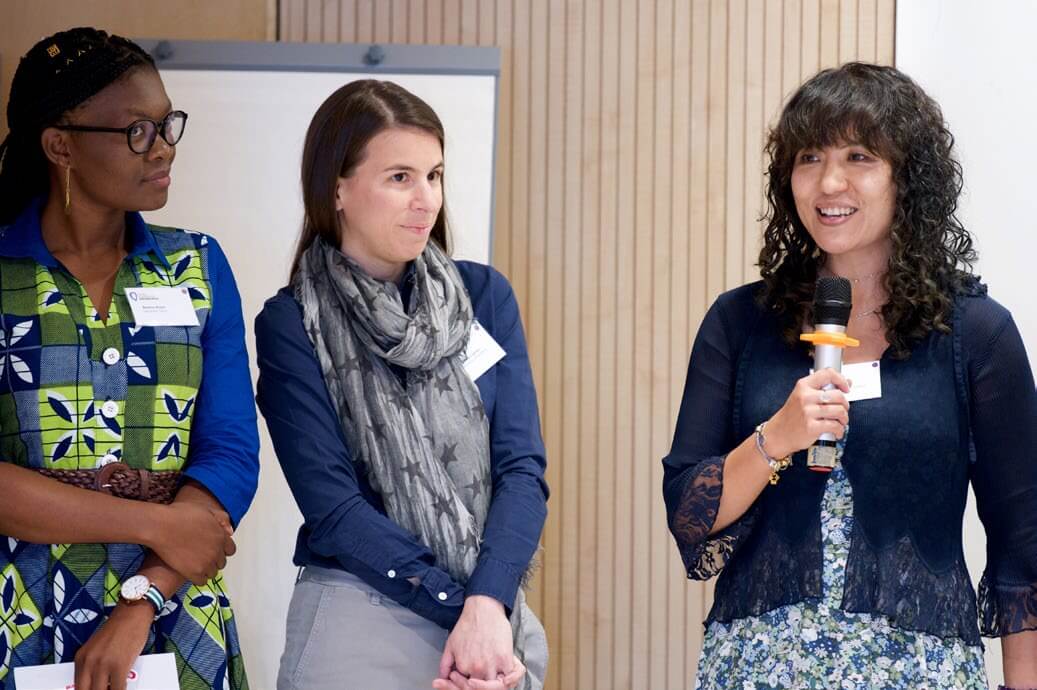
Overview
This 12-month project led by Miao Guo, in partnership with collaborators from the UK,
Indonesia, Peru and Madagascar, created a consortium to address global protein deficiency challenges. As a result, the project improves the experts’ understanding of zero-waste protein systems and the global distribution of food and waste-to-protein technology.
Challenge
A person is undernourished when they do not have access to enough food or nutrients needed for growth and health. Undernutrition is a global
issue, with 768 million people undernourished worldwide in 2021. More than half of undernourished people live in Asia and one-third
in Africa. This need for adequate nutrition has put pressure on food supply chains to increase production of protein. While plant-sourced protein presently dominates the market, there is an estimated increase in demand for animalsourced protein of up to 90% by 2050, resulting in grave implications for land and water use. With a background in academia, Miao worked at Imperial College London for over a decade in engineering. Her work on bio-proteins connected her with the Frontiers symposium via
a colleague, alongside 20 other academics from the UK. At the symposium, she collaborated with participants from across the world in discussions on nutrition and food.
“Although we work in different fields,
we found core main interests in
zero waste proteins and low carbon
sustainable proteins for the future.”
Miao Guo, Kings College London
Project solution
Against this backdrop, Miao brought together a team from the UK, Madagascar, Indonesia, and Peru to create a consortium for next-stage transformative research. The programme was made up of four stages.
These project components concluded with the formation of the planned consortium. During the final stage, consisting of Miao Guo and four
other project collaborators from the UK, Indonesia, Peru, and Madagascar. The network gained 30 members in Latin America, plus more
than 20 from Southeast Asia. The consortium was also helpful in facilitating their application for the Frontiers Follow-On Grant application.
Workshops and discussion groups were facilitated to build up the network.

Impacts
Establishing the consortium led to a new conceptual understanding of multi-scale zero-waste protein systems. It also helped researchers to better understand the global distribution of food or feed-grade waste resources and waste-to-protein technology. The team’s research was compiled into a
manuscript ‘Zero-Waste Protein: A sustainable solution for hunger pandemics’ and was submitted to a high-profile journal.
Lessons Learnt
The team identified a number of projectrelated lessons learned, considering the COVID-19 pandemic as well as navigating the complexities of a consortium. Challenges in the project included travel restrictions, remote working – which resulted in reduced
laboratory capacity – and lockdown measures. Engaging with stakeholders virtually and project delays also proved challenging. As a
consortium, the team needed to be adaptive to new working patterns and new ways of engaging with stakeholders. They also had
to consider how specific COVID-19 regulations in each team member's country may have impacted their ability to work. This was
difficult not just due to the pandemic, however. Due to the global nature of the project, different regulations across different countries had to be kept in mind.
The future
Looking forward, the team intends to take the consortium forward and continue to address
global challenges to secure and resilient food systems. To continue their collaborative research efforts, the team aims to secure a research grant. Though undernutrition is a widespread problem, projects such as these aim to bridge the gaps.
Protein has always been a topical subject, but even more so in light of the Food and
Agriculture Organization’s latest State of Food Security and Nutrition in the World 2022 report. Miao and her team hope to ride this wave of interest and continue to research how
to move away from a meat

Interested in participating in the Frontiers programme?
Visit our Symposia pages for more information including eligibility. Follow us @RAEngGlobal
